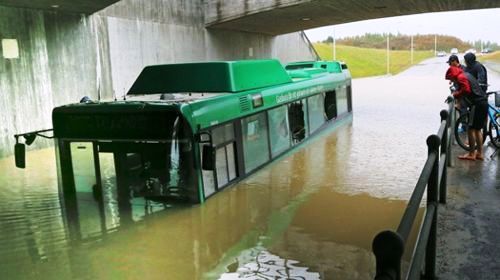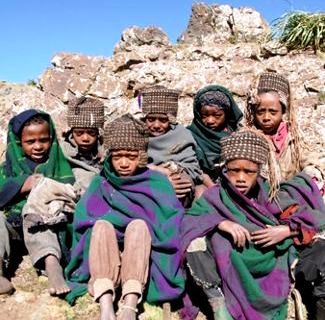Recommendations
From efforts to improve waste management, to community participation in conserving marine areas, the report highlights many actions already underway in Pacific Island communities to tackle environmental degradation.
However, the current scale of action is insufficient to meet the growing challenges posed by climate change. This is primarily due to a lack of funds, skills, and important environmental data.
The report lays out a number of recommendations to improve the climate resilience of Pacific countries and territories, including:
- Need to implement and deliver commitments made under multilateral environmental agreements (MEAs), plans and strategies. Many countries have endorsed, but not yet implemented, agreements covering hazardous wastes, pollution, invasive species, and many other areas.
- Successful implementation will require extensive engagement with, and involvement, of local communities.
- Improved sharing and transfer of knowledge and skills is needed to improve research and data collection on the environment of Pacific islands.
- More awareness-raising activities to improve public knowledge of environment.
The report covers the Pacific Island Countries and Territories (PICTs) of: American Samoa, Cook Islands, Federated States of Micronesia, Fiji, French Polynesia, Guam, Kiribati, Marshall islands, Nauru, New Caledonia, Niue, Northern Mariana Islands, Palau, Papua New Guinea, Pitcairn Islands, Samoa, Solomon Islands, Tokelau, Tonga, Tuvalu, Vanuatu, and Wallis and Futuna.
Source: UNEP.


















